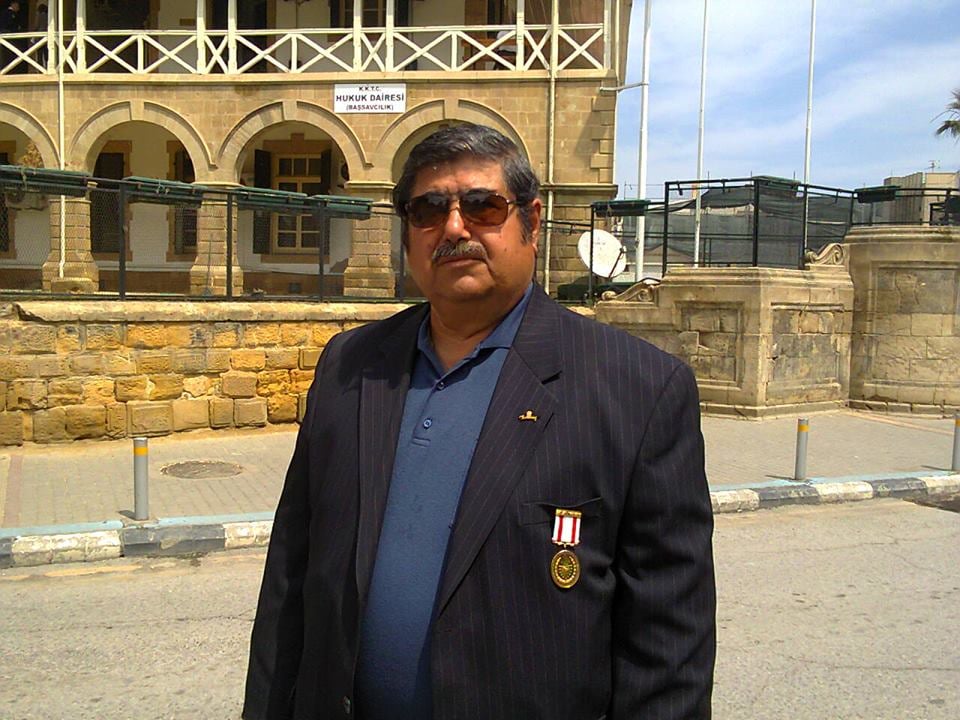Would-be candidates for this October’s Turkish Cypriot leadership election may need to amass 1,500 signatures to get their name on the ballot, after the north’s ruling coalition put a bill requiring it for consultation on Monday.
The bill, which was proposed by ‘transport minister’ Erhan Arikli, appeared in the north’s official gazette, with a 20-day consultation period underway before it may be debated in the north’s ‘parliament’.
Arikli had argued that the new stipulation will put paid to people “becoming candidates for the sake of advertising or to propagate a certain view”, saying that single-issue and protest candidates “cast a shadow over the seriousness of such an important position, and over the campaign process”.
The idea has garnered criticism from former ‘MP’ Gulsah Sanver Manavoglu, who has herself indicated that she may stand for election in October but typically does not poll above five per cent.
She described Arikli’s idea as “undemocratic”, but Arikli hit back, saying Manavoglu had “become remembered with her social media posts with a baseball bat and a whip”. Manavoglu had also described Arikli as “the social media minister”.
In response, Arikli said that if Manavoglu stood as a candidate, he would himself secure 500 signatures for her.
Were the bill to become law, it would likely put an end to the career of Arif Salih Kirdag, who has run in every Turkish Cypriot leadership election this century but never wins more than a few hundred votes.
Kirdag, who lives in northern Nicosia’s historic Samanbahce neighbourhood, has become something of an iconic figure in Turkish Cypriot society in recent years, with a film about his political life having even been shown at the International Istanbul film festival in 2016.
The film, named “Basgan”, “president” in Cypriot Turkish, followed Arif and his wife Hulya through the 2015 Turkish Cypriot leadership election, in which he received 530 votes and finished in sixth place.
This year’s Turkish Cypriot leadership election is set to be a two-horse race, with incumbent Ersin Tatar and opposition political party CTP leader and former ‘prime minister’ Tufan Erhurmanneck and neck according to polls.
Such a two-horse race is set to see Turkish Cypriots faced with a binary choice between a leader who will advocate for a two-state solution to the Cyprus problem in Tatar, and one who will advocate for a federal solution in Erhurman.
Erhurman’s party the CTP unveiled a five-point plan for Cyprus problem negotiations in September, which stipulate that all convergences found at Crans Montana in 2017 must be adhered to and that there be no going back on the issues agreed on.
They also stipulate and that a solution be found on the basis of a bizonal, bicommunal federation with political equality, that the negotiation process be “results-oriented” and that no party leaves the negotiating table, that the negotiating process have “a timetable with a sense of urgency”, and that it be impossible to return to the status quo once negotiations begin.
Were Tatar to win re-election, he would be the first Turkish Cypriot leader to do so since Rauf Denktash won by default in 2000 after his second round opponent Dervish Eroglu withdrew his candidacy.
Since then, Denktash did not stand for re-election and was replaced by Mehmet Ali Talat in 2005, Talat was beaten by Eroglu in 2010, Eroglu was beaten by Mustafa Akinci in 2015, and Akinci was beaten by Tatar in 2020.







Click here to change your cookie preferences